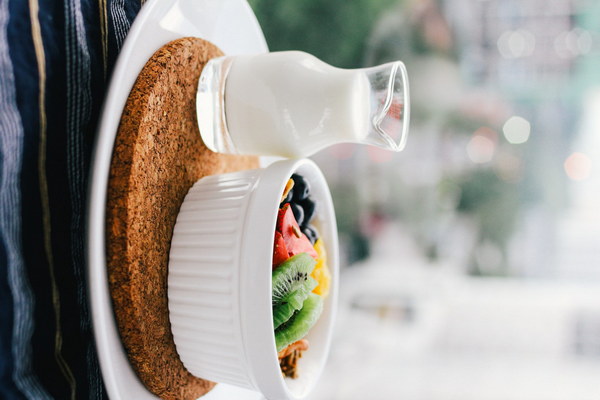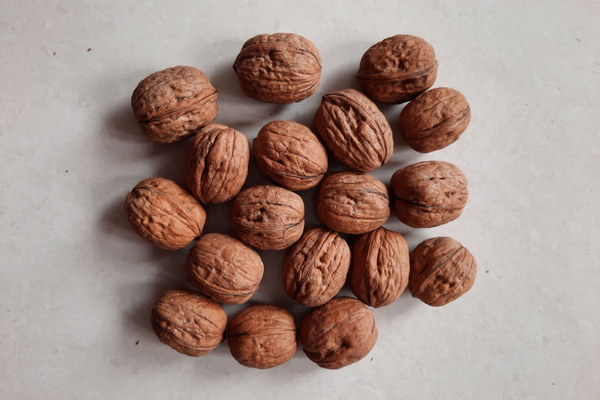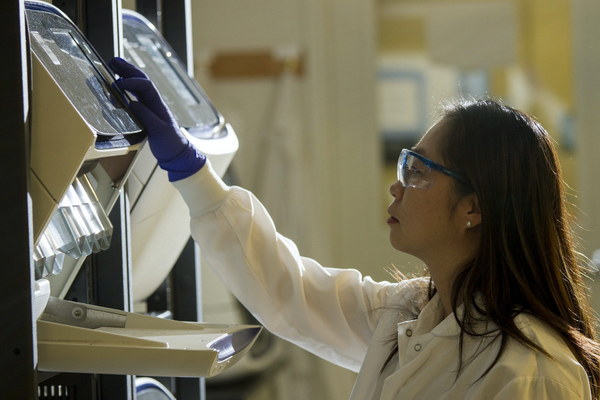Postpartum Diet Nurturing Your Stomach for a Healthier Recovery
After the joyous experience of giving birth, new mothers often find themselves focusing on their baby's needs while neglecting their own. However, taking care of one's stomach during the postpartum period is crucial for a healthy recovery. Here's a comprehensive guide to postpartum diet, with a special focus on nurturing your stomach for a faster and more comfortable healing process.
1. Introduction to Postpartum Diet
The postpartum period, which typically lasts for six weeks, is a critical time for new mothers to regain their strength and recover from the physical toll of childbirth. During this time, the body undergoes significant changes, including the restoration of the reproductive system and the production of breast milk. A well-balanced diet can support these processes and help new mothers maintain their overall health.
2. Importance of Nurturing Your Stomach
The stomach plays a vital role in the postpartum recovery process. Proper digestion and nutrient absorption are essential for providing the necessary energy and nutrients to produce breast milk and support the healing of the uterus. Here are some reasons why nurturing your stomach is crucial during the postpartum period:
- Promotes faster healing: A healthy stomach can help the body absorb essential nutrients, aiding in the repair and regeneration of tissues.
- Supports milk production: Good digestion ensures the adequate absorption of vitamins and minerals necessary for producing high-quality breast milk.
- Enhances mood and energy levels: Proper nutrition can help combat postpartum depression and increase energy levels, allowing new mothers to better care for their newborns.
- Reduces the risk of postpartum complications: A well-functioning stomach can help prevent constipation, bloating, and other digestive issues that may arise during the postpartum period.
3. Postpartum Diet Tips for Nurturing Your Stomach

To nurture your stomach during the postpartum period, consider the following diet tips:
a. Focus on whole foods: Incorporate a variety of whole grains, fruits, vegetables, lean proteins, and healthy fats into your meals. These foods are rich in essential nutrients and fiber, which can help improve digestion and prevent constipation.
b. Eat small, frequent meals: Eating small, frequent meals can help regulate your stomach's acidity and prevent overeating, which may lead to discomfort or bloating.
c. Stay hydrated: Drinking plenty of water is essential for digestion and overall health. Aim to consume at least 8-10 glasses of water per day.
d. Avoid trigger foods: Common trigger foods for digestive discomfort include dairy products, fatty foods, and spicy dishes. Consult with a healthcare professional to identify any specific foods that may be causing issues for you.
e. Manage stress: Stress can affect digestion, so it's essential to find ways to manage stress during the postpartum period. Consider practicing relaxation techniques, such as deep breathing, meditation, or gentle exercise.
f. Include probiotics: Probiotics, found in fermented foods like yogurt, kefir, and sauerkraut, can promote a healthy gut flora and improve digestion.
4. Sample Postpartum Meal Plan
Here's a sample postpartum meal plan that focuses on nurturing your stomach:
- Breakfast: Scrambled eggs with spinach and whole-grain toast, a glass of water, and a piece of fruit.
- Mid-morning snack: Greek yogurt with honey and a handful of almonds.
- Lunch: Quinoa salad with mixed vegetables, lean turkey, and a side of avocado.
- Afternoon snack: A small bowl of mixed berries with a tablespoon of chia seeds.
- Dinner: Baked salmon with a side of steamed broccoli and quinoa.
- Evening snack: A cup of herbal tea and a piece of dark chocolate.
Remember, each individual's needs may vary, so it's essential to consult with a healthcare professional or a registered dietitian to tailor your postpartum diet to your specific requirements.
In conclusion, nurturing your stomach during the postpartum period is vital for a healthy recovery. By following these diet tips and focusing on a balanced, nutrient-rich diet, new mothers can support their healing process and ensure they have the energy and well-being needed to care for their newborns.









